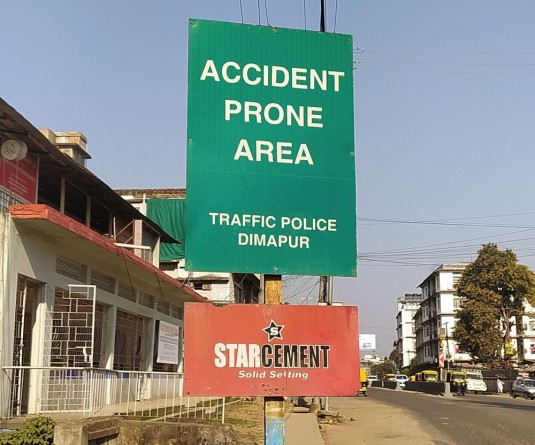
Kahuto Chishi
Sumi Hevishe Village
Broadly speaking, there are two aspects of the Electoral Practice that troubles conscientious voters in Nagaland. The first is Money and the second the Candidate.
My sister, Katoli Shohe, narrated an incident concerning her neighbour, an Angami gentleman. Apparently, this gentleman and the members of his family, refused money offered for their votes, and cast their votes in favour of the Candidate who had offered them money. The Candidate went on to win the election, but refused to believe that the gentleman and his family voted for him, because they had refused his money. In another case, my niece Ms. Kisheli Shikhu was visited by a Candidate, who happened to be a close family acquaintance. My niece assured him of her and her family’s vote and refused money she was offered for her commitment. Long after the Candidate had left, my niece found Rs. 10,000/- stuffed, in the gap between their cushions. Then there’s the practice, prevalent in some Sumi areas, of Candidates from all parties, distributing a certain amount of money, in advance, to All families in their constituency; not as payment for their votes (that amount will be decided in the future) but requesting their “Goodwill/Prayers”; now you tell me, how can you refuse to take that amount? Saying that you believe in the Principle of Clean Elections will just not be accepted; you might as well tell them that you believe pigs can fly, for all the good it will do you. These and many such examples have convinced me that the Naga Electoral Candidate does not rest easy unless the Naga Voter accepts money for his vote.
Recently, I had an extremely interesting interaction with Chuba Longkumer at Mokokchung. This young gentleman narrated how he tried to avoid corruption in everyday life, corruption which every Naga takes for granted; such as taking rice from the Public Distribution System from the Below Poverty Line (B.P.L.) Quota. Naturally, the subject of cash for votes cropped up. I narrated the above examples to him and put forth the argument that though he never asked money for his vote; in the event that he was offered money, he had to take the money. Refusal to take the offered amount meant that his vote would not be counted in the eyes of his Candidate. I told him that all of us know some less fortunate person than us in our colonies or villages, and to give the money received to such a person. I also emphasised the point that donating it to the Church was not an option; for our Churches have enough money, and that the money belonged to the poor, in the first place.
The second issue of the Candidate seeking electoral office is even more perplexing for the honest Voter. I have never agreed with the movement for Clean Elections in Nagaland, because what Nagaland needs is not “Clean Elections” but “Clean Candidates”. No matter how many Candidates there are and no matter how many Political Parties they represent; nowhere else in the world will you find a bigger collection of Rogues and Scoundrels seeking Elected Office. So who do we vote for? Picking the “Better” Candidate in Nagaland is no less daunting making the choice between The Devil and The Deep Blue Sea. Do we choose the Rocks and Shoals of Scylla to run aground and perish on or opt for the Whirlpool of Charybdis to sink and drown in? You decide. GOD SAVE NAGALAND.



